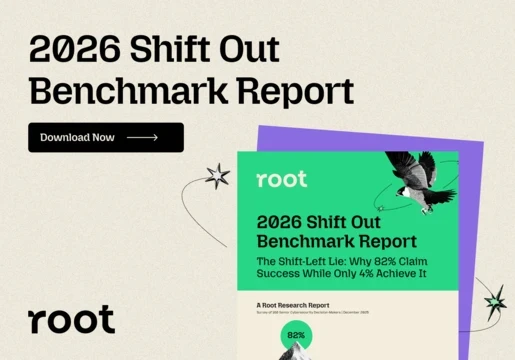New cybersecurity risks threaten critical data and systems as organisations increasingly adopt AI-driven technologies, particularly neural networks and Gen-AI. These advanced AI models, while powerful, are vulnerable to a range of attacks, including adversarial manipulation, data poisoning, and model inversion, where attackers can reverse-engineer sensitive data from the AI’s output. The complexity of neural networks often makes detecting and mitigating these risks difficult, leaving organisations exposed to potential breaches.
In this episode, Paulina Rios Maya, Head of Industry Relations, speaks to Peter Garraghan, co-founder and CEO (and CTO) of Mindgard, about the importance of understanding these risks, the hidden vulnerabilities in AI systems, and the best practices organisations should implement to ensure security hygiene.
Key Takeaways:
- AI and generative AI introduce new and evolving cyber threats.
- Understanding AI vulnerabilities is crucial for security teams.
- AI risks manifest in ways that are different but not new.
- Security teams must adapt their strategies to AI's opaqueness.
- AI can be used as a vector for launching attacks.
- Data leakage is a significant risk with AI systems.
Chapters:
00:00 Introduction to Cybersecurity and AI Risks
05:13 Understanding AI Vulnerabilities and Cyber Threats
10:55 Industry-Specific Risks and Threats from AI
15:54 Best Practices for AI Security Hygiene









Comments ( 0 )